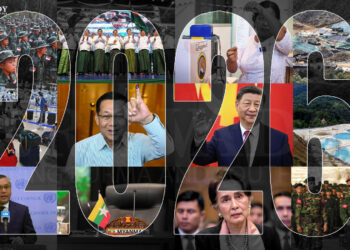We send our year-end salutations to all people in Myanmar, in particular the resistance forces who are standing up to the murderous military regime run by bullying criminals.
One of the first things we learned in 2022 is that Russian President Vladimir Putin and Myanmar junta leader Min Aung Hlaing share a tendency to underestimate the public and their opponents. Ukraine did not fall to Russia and its defenders did not run away. To the surprise of the West and the international community as a whole, the Ukrainians stood and fought back. Putin was wrong.
Similarly, the people of Myanmar have refused to accept the military coup. This has been clear since last year, when thousands took to the streets to protest the illegal power grab. Using social media and other digital platforms they made it known that the coup maker can never win. Since then, Gen Z and their older compatriots have joined forces in the ethnic territories to fight the murderous regime.
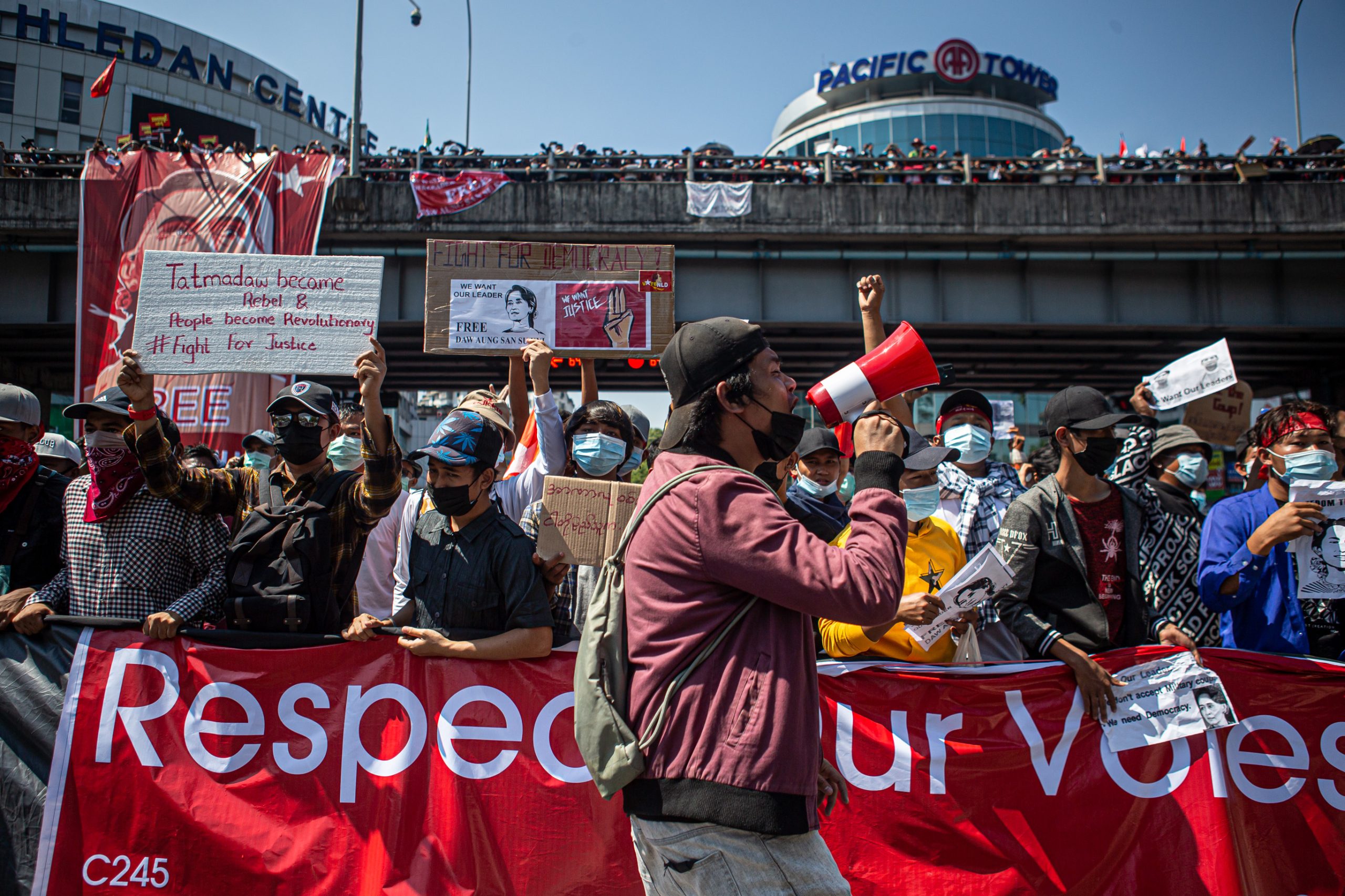
In 2022 we saw jet fighters and helicopters fly over the country and conduct air raids, dropping bombs and killing anyone in their path in an effort to suppress the anti-coup movement. The brutal offensive against the civilian population and resistance forces intensified but did not succeed.
Thousands of villages were burned to the ground. Many thousands of people fled their homes and millions have lost their futures, hopes and dreams. The damage that the coup has done to the country’s economy is so extreme that Myanmar is now backsliding socially and economically into the sorry state it endured in the late 1990s, when people had electricity for a few hours a day. Lawlessness is rampant, even in the major cities including commercial hub Yangon.
For the citizens of countries across the region, it is as if they woke up one day to find that their neighbor Myanmar was on fire. A decade ago, after years of darkness, we saw “flickers of progress” in once isolated Myanmar. Once again, however, the flames signal strife and the spread of war. Southeast Asia has not seen a regime this bad since the Khmer Rouge.
Darkness has returned to Myanmar. But the people are not giving up.
Medics, artists, professors, activists and army and police officers have joined the Spring Revolution. More importantly, major ethnic forces fighting for a federal union and equality have provided refuge and assistance to the movement. Without them, it would be difficult to sustain the fight and maintain momentum.
In this movement we find a sense of hope and dynamism. Two years after the Myanmar military staged a coup to oust the elected government led by President U Win Myint and State Counselor Daw Aung San Suu Kyi, its attempt to take control of the country has failed.
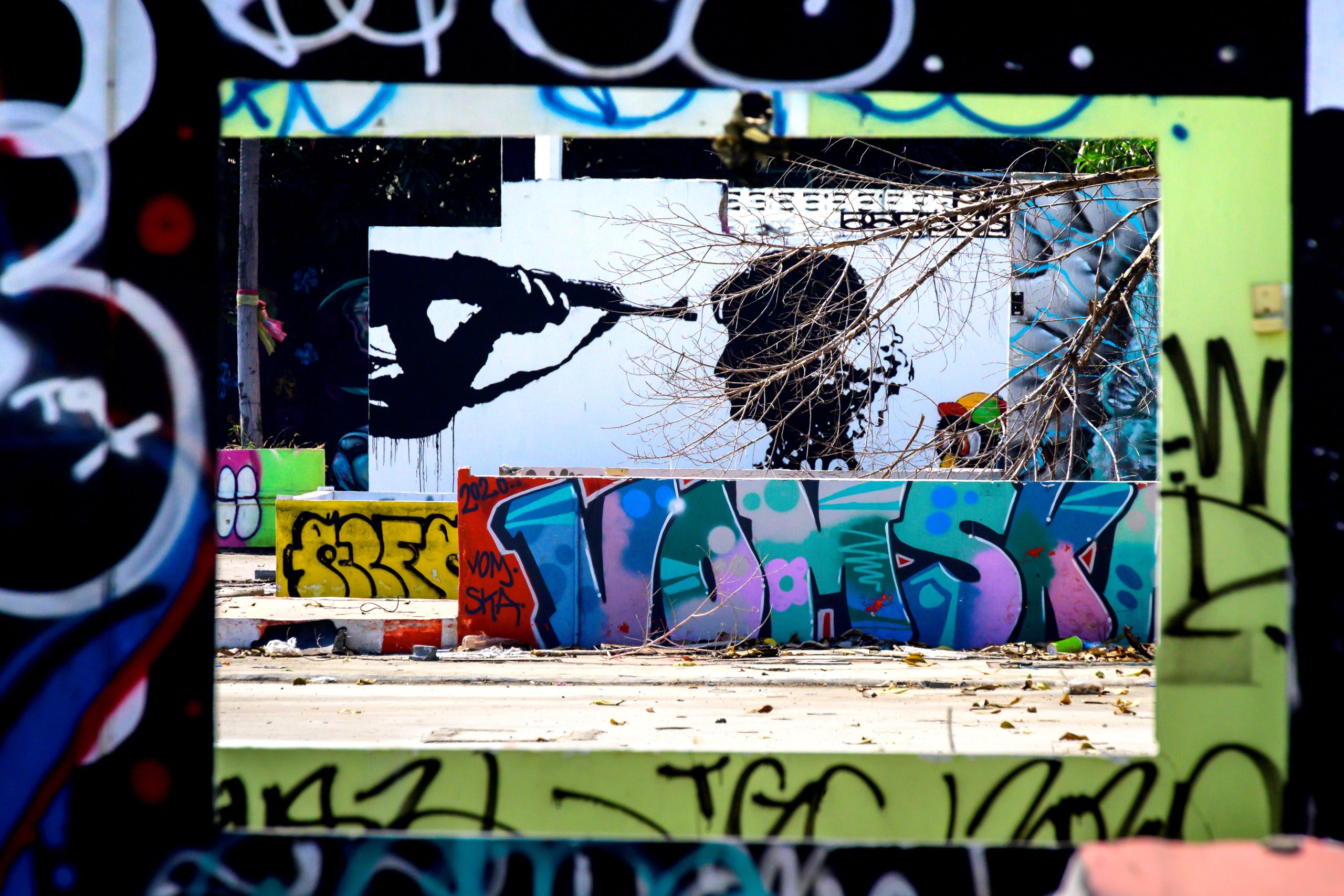
The Myanmar people’s resilience, fighting spirit and heroism have thwarted the will of the coup leaders, a group of thugs and criminals who act like a foreign invading force in their country of birth.
In 2022, our newsroom—now up and running offshore, like those of several independent Myanmar media outlets—was kept busy with stories of air raids, bombings, shootings of children, the hangings of activists and a lawmaker, political detainees being tortured to death in gulags, and extreme violence committed daily against regime opponents and the civilian population. Day by day throughout the year we reported Myanmar’s descent into its new status as the “Syria of Southeast Asia”. We have had little rest—our fate is linked to the political changes in Myanmar.
Myanmar people have demonstrated resilience and heroism in standing up to bullies. They have found ingenious and resourceful ways to challenge the illegitimate regime, sustain the fight and grow the resistance at home and abroad.
The international community, the UN, governments around the region, and global heavyweights China, India, the US and Russia have reacted in various ways to Myanmar’s deepening crisis and civil war.
That response has been slow, frustrating and often disappointing, but it is important to note that, for the most part, the regime’s efforts to win legitimacy and international recognition this year failed.
It is true that Russia and China continued to supply arms and hardware, and India has befriended the regime, but their decision to do so has not come without cost—all have been roundly condemned by the Myanmar people.
The US and other Western governments condemned the regime and imposed limited sanctions on the generals and their cronies but many other potential sanctions targets—some obscure, others prominent and operating in plain sight—remain at large and untouched. The message is out there, however: associating with the regime comes at a price.
In the region, the Association of Southeast Asian Nations (ASEAN) decided to suspend Myanmar’s participation at its annual meetings and summits. Coup leader Min Aung Hlaing and his puppet foreign minister Wunna Maung Lwin have been barred from attending all such gatherings. By the standards of the regional bloc, which has historically adhered to policies of non-interference and consensus, this is relatively strong stuff. And the regime is not pleased about it, either.
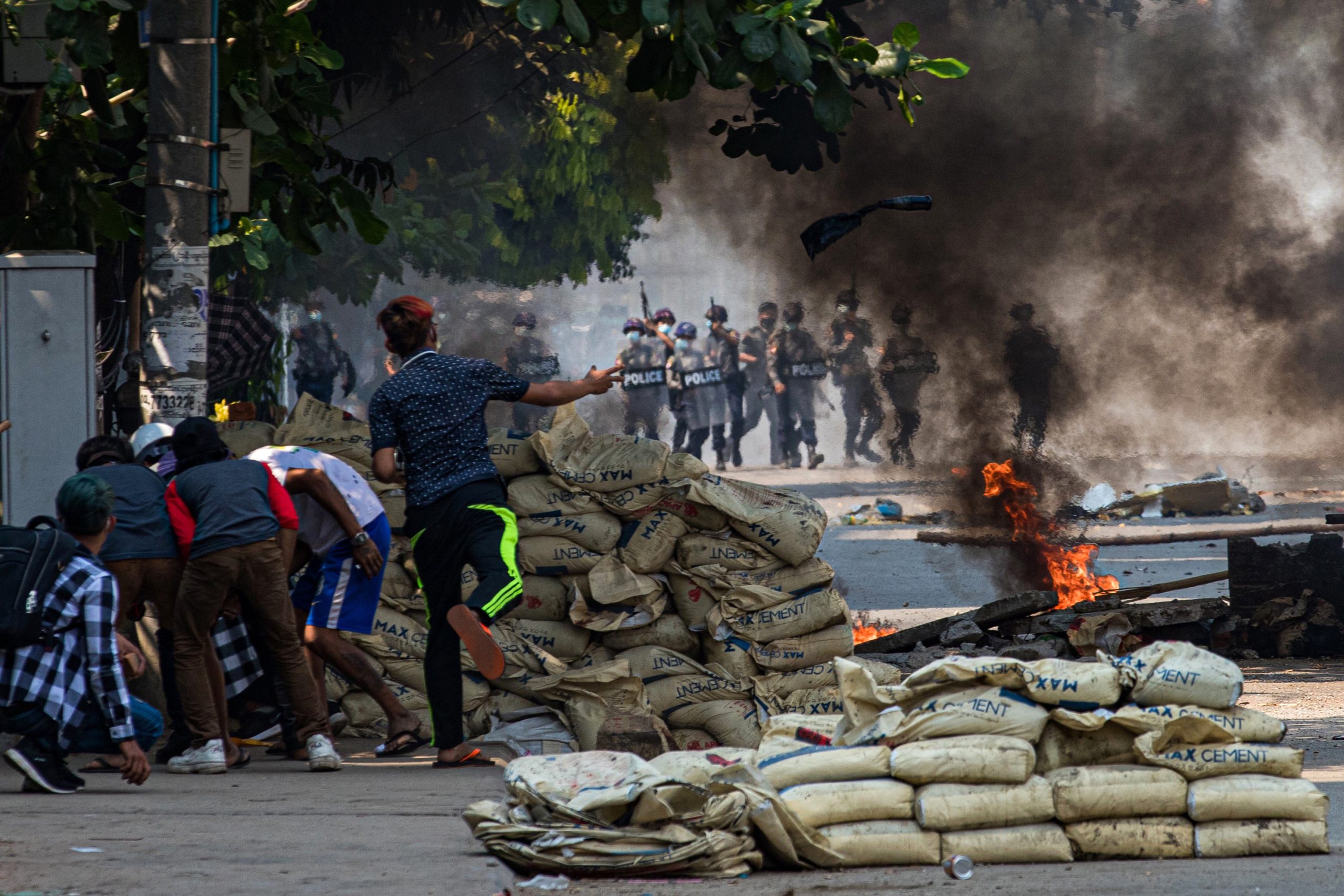
The year ended with some encouraging news that has strengthened the spirit of the opposition movement.
The US Congress passed defense legislation that authorizes non-military assistance for and engagement with Myanmar’s ethnic armed organizations (EAOs) and the resistance forces collectively known as the People’s Defense Force (PDF).
In short, the so-called Burma Act serves as a description of US policy toward Myanmar as the country struggles for democracy, human rights and justice. It aims to help return civilian governance to Myanmar and to pursue accountability for human rights violations, as well as to support anti-junta forces including EAOs and PDFs.
The bill also commits the US to push for greater action at the United Nations against the military regime, and calls for holding Russia and China accountable for their support of the junta.
This was followed by the United Nations Security Council (UNSC)’s adoption of a resolution in late December denouncing the regime’s rights violations since the Feb. 1, 2021 coup.
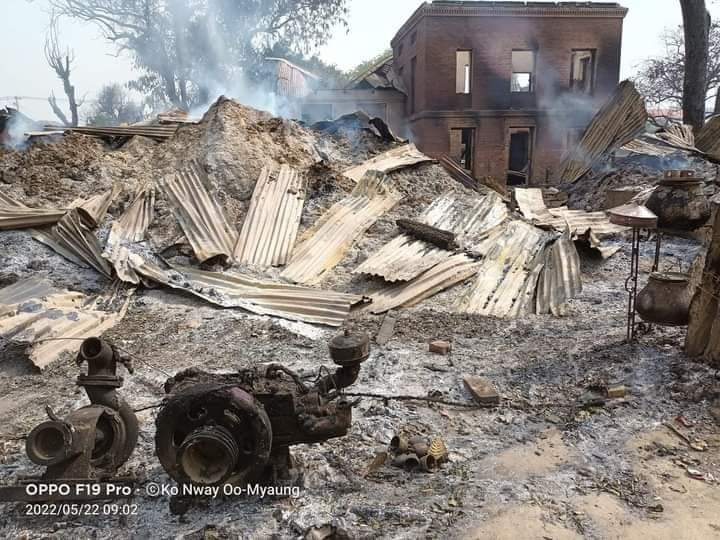
The passage of the landmark resolution with 12 yes votes and three abstentions reflects the Myanmar junta’s growing isolation due to the ongoing abuses by its security forces, which amount to crimes against humanity and war crimes.
The resolution condemns the military’s execution of pro-democracy activists, urges the military to “immediately release all arbitrarily detained prisoners,” and demands an “immediate end to all forms of violence throughout the country.”
But promises of support need to be followed up with action. Material support should come soon, and it should be in a form that helps the Myanmar resistance achieve its mission of bringing down the regime.
It is worth pausing for a moment and reflecting on why the Myanmar people are willing to take deadly risks to defy a regime that is murderous and armed with fighter jets. The Myanmar people have said “enough is enough”.
For decades they lived under brutal, selfish dictators and saw their country plundered and driven into bankruptcy by the military. Then, as the country began opening up in 2012, they got a taste of freedom and hope, and started to sense opportunities.
Now the future looks bleak again, with power stolen back by thugs and criminals.
If they don’t win, the Myanmar people know they will forever be slaves.
Their fight is far from over. A tough year lies ahead for the Myanmar people, but they have not given up on their dream of creating a new federal and democratic Myanmar.
















